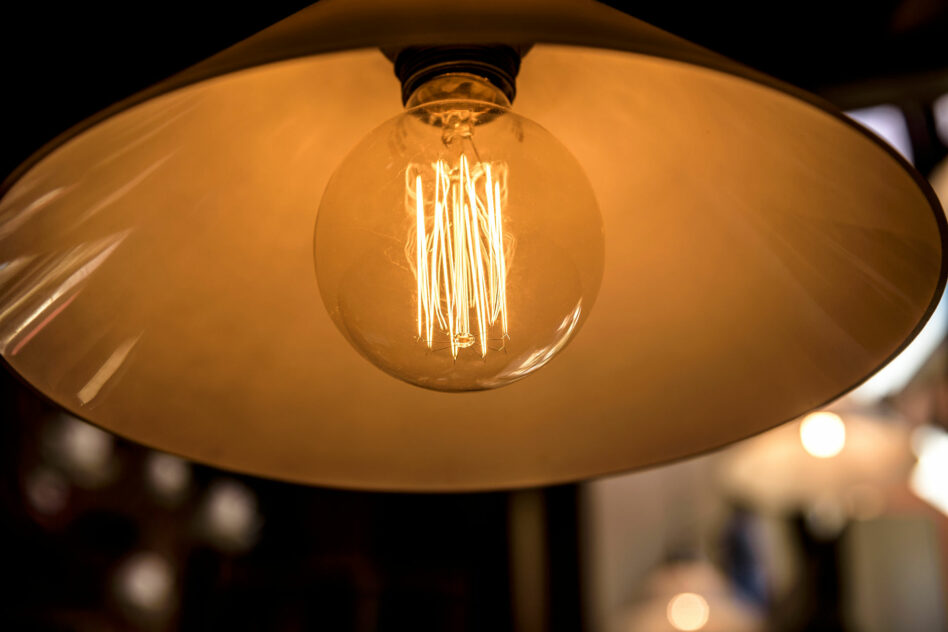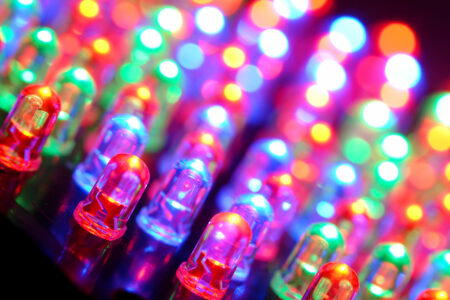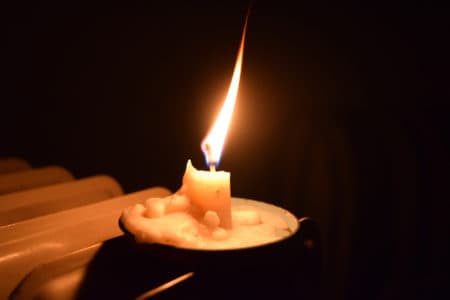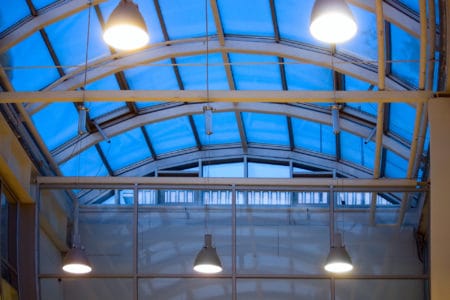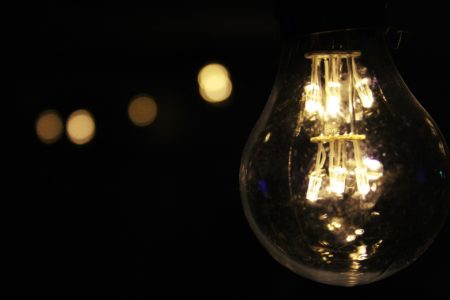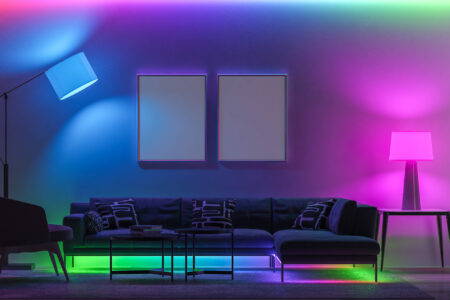Dimmable light bulbs are growing in popularity. With everyone looking for sustainable alternatives for everyday use, these bulbs provide the perfect, cost-efficient solution.In this article, we’ll tell you everything you need to know about dimmable light bulbs, how they work, and all the different types. Let’s dive in!
What Are Dimmable Light Bulbs?
Dimmable light bulbs are bulbs you can modify the brightness of. The dimmable light bulb has an adjustable output, which you can reduce or increase to your liking.
The way dimmable light bulbs work is through the triac present in the dimmer. The triac is the key component that turns on and off many times in a second. The alternating electrical input causes the light bulb to dim.
The brightness is lower when the triac turns off for longer periods, as the bulb receives less electricity. Accordingly, dimmable light bulbs usually need a compatible dimmer in order to work correctly.
Advantages of Dimmable Light Bulbs
Dimmable light bulbs can be pretty handy. Not only will you get multiple brightness levels from one bulb, but they can fit in any space. So, you’ll definitely get plenty of use out of them.
Here are some other advantages of dimmable light bulbs:
- Energy-saving
- Cost-efficient in the long term
- Versatility as dimmable lights fit numerous aesthetic purposes
- Dimmable light bulbs typically last longer
Disadvantages of Dimmable Light Bulbs
Before making the big decision, you should know that dimmable light bulbs might also have drawbacks.
Here are some things to keep in mind about dimmable light bulbs:
- High initial price
- Using non-dimmable light bulbs with a dimmer can be quite dangerous
- Dimmable halogen bulbs might have a shorter lifespan
Types of Dimmable Light Bulbs
Any type of light bulb can be dimmable. However, some bulbs can work as dimmable lights, even if not labeled as dimmable, while others need modifying to work with the dimmer system.
Simply put, you have the choice between the following dimmable bulbs:
LED
While LED light bulbs are one of the most popular bulbs today, they’re not usually dimmable. The reason is that LEDs typically have a high minimum load requirement, which the dimmer’s triac can’t meet.
On top of that, dimmable LED lights are compatible with only some dimmers. So, LED bulbs should have a label indicating that they’re dimmable. Additionally, the manufacturer should specify the types of dimmers the bulb is compatible with.
Halogen
Halogen bulbs are dimmable. They work by heating the gasses present in the halogen lamb, causing light to emit. Naturally, we can adjust the electricity and heat to alter the halogen bulb’s brightness.
CFL
Not all CFL bulbs are dimmable. Even dimmable CFL bulbs won’t have a completely adjustable brightness. Instead, you can only lower their brightness to about 10% to 30%.
Fluorescent
You can dim fluorescent light bulbs down to 1% brightness. The only downside to dimmable fluorescent lights is that they’re incompatible with many dimmers. Furthermore, you’ll need to get a specific dimmable fluorescent ballast.
Incandescent
All incandescent bulbs are dimmable. In fact, they’re fairly easy to adjust, as the bulb’s brightness depends on heating a metal filament. Altering the electrical flow will cause the filament to heat less or more, so the brightness will vary from 0% all the way to 100%.
Which Dimmable Light Bulb Should You Get?
You should choose the dimmable light bulb based on the type of dimmer you have, not the other way around. Dimmers can be any of the following:
Universal Dimmers
As the name implies, universal dimmers work with any type of light bulb. That’s because they contain a microcontroller that can understand the light bulb’s type.
Simply put, if you have a universal dimmer, you can get an LED, a CFL, or even an incandescent dimmable light bulb.
If you’re still shopping for dimmers, this would be an ideal option. The reason is that the dimmer will customize the operation based on the light bulb. So, everything runs smoothly!
Halogen Dimmers
The appropriately named halogen dimmers can dim halogen light bulbs only. Unfortunately, they’re not compatible with LED or CFL bulbs.
Fluorescent Dimmers
Fluorescent dimmers are ideal for fluorescent lights. The dimmer usually includes its compatible fluorescent bulb, since it has limited applications.
ELV Dimmers
Electron Low Voltage (ELV) dimmers, or trailing edge dimmers, are compatible with numerous light bulbs. This includes LED, halogen, CFL, and incandescent bulbs.
Yet, ELV dimmers are ideal with LED lights. That’s because ELV dimmers enhance the sustainable performance of LED bulbs. Additionally, there’s no buzzing or flickering of the light bulb or the dimmer when they’re used together.
MLV Dimmers
Magnetic Low Voltage (MLV) dimmers are best used with halogen light bulbs. Still, you can use LED or CFL lights with MLV dimmers.
How to Know If the Light Bulb Is Dimmable
Some light bulbs, like halogen and incandescent bulbs, are typically dimmable. Still, you don’t want to use a light bulb that isn’t specifically labeled as dimmable.
Using a non-dimmable light instead of a dimmable one can be a safety hazard. It might damage the lab or the entire circuit. So, you need to ensure that your light bulb is dimmable.
Usually, the packaging of the bulb will specify that it’s dimmable, either in writing or through a symbol. Though, there isn’t any standard symbol for dimmable lights. You can also tell by the high price tag that they’re dimmable bulbs!
Frequently Asked Questions (FAQs)
Will any light bulb work with a dimmer?
You should only use dimmable light bulbs with a dimmer. Using any other light bulb can lead to flickering, or damage to the bulb or dimmer.
On the other hand, using a dimmable light bulb in a non-dimmable circuit is perfectly safe. Though, the light bulb won’t dim.
Why is my dimmable bulb constantly flickering?
Flickering bulbs are quite a common issue. The first reason behind this is an incompatibility between the dimmable light bulb and the dimmer. Your dimmer switch might also be due for an upgrade.
